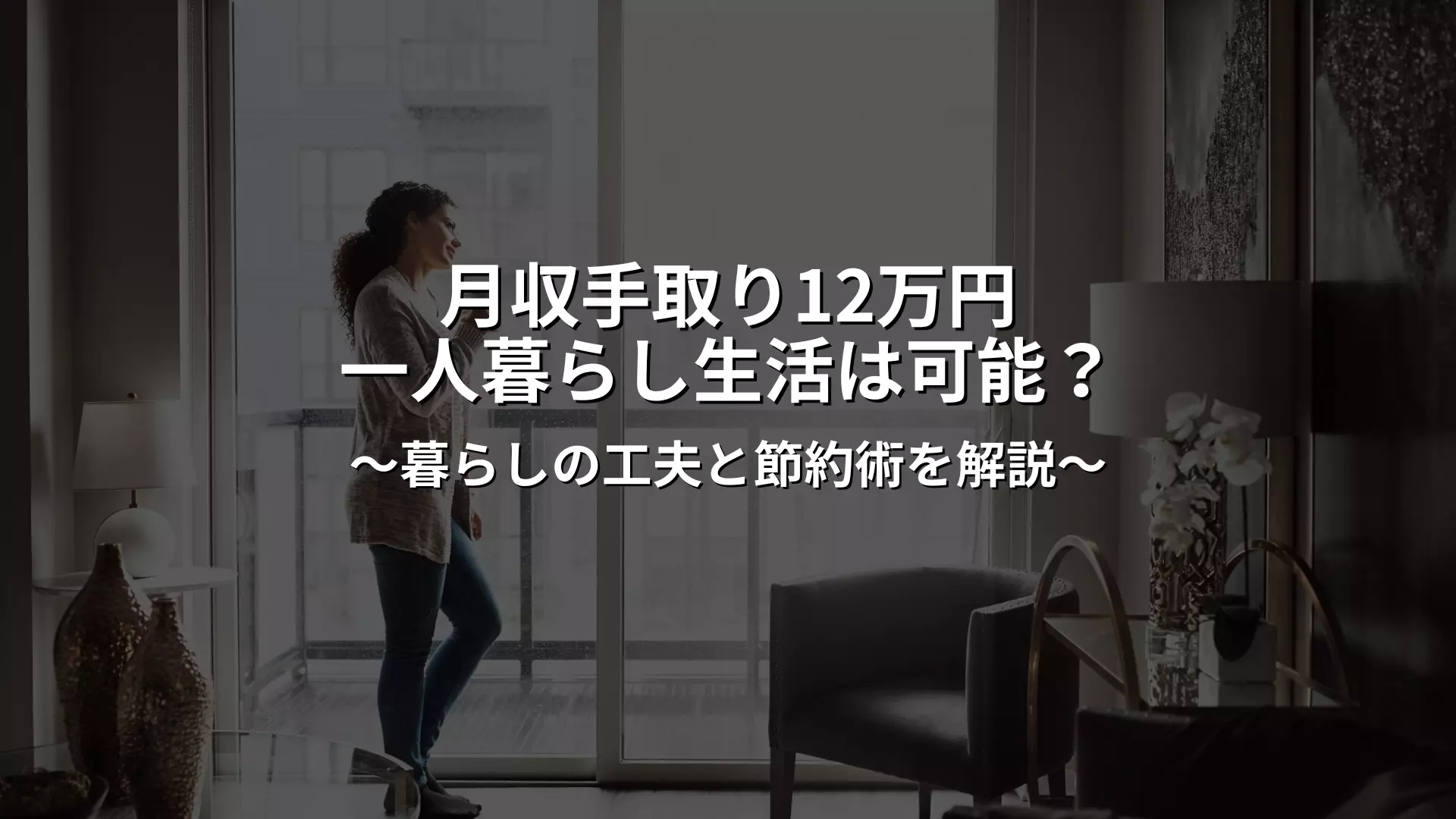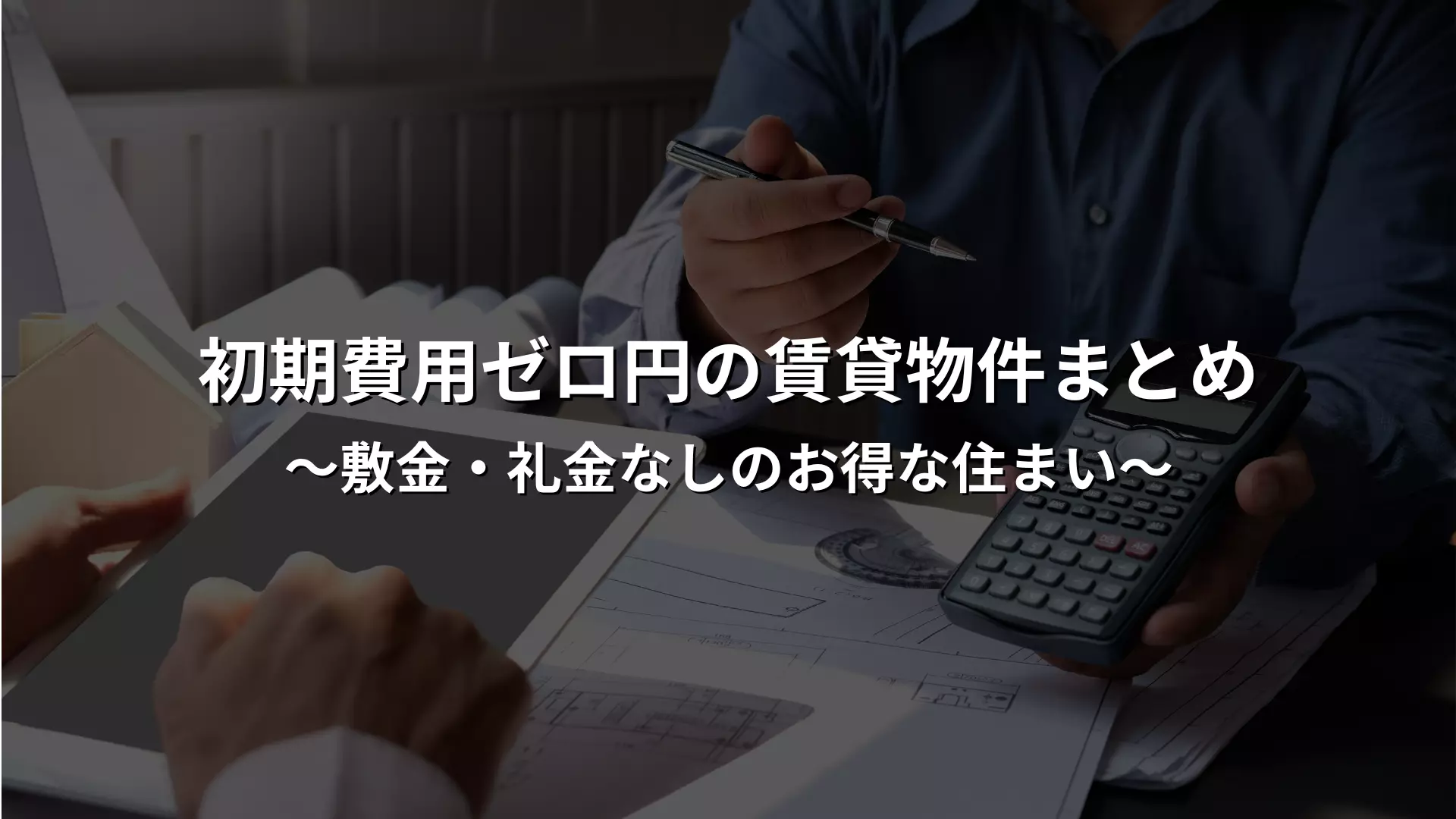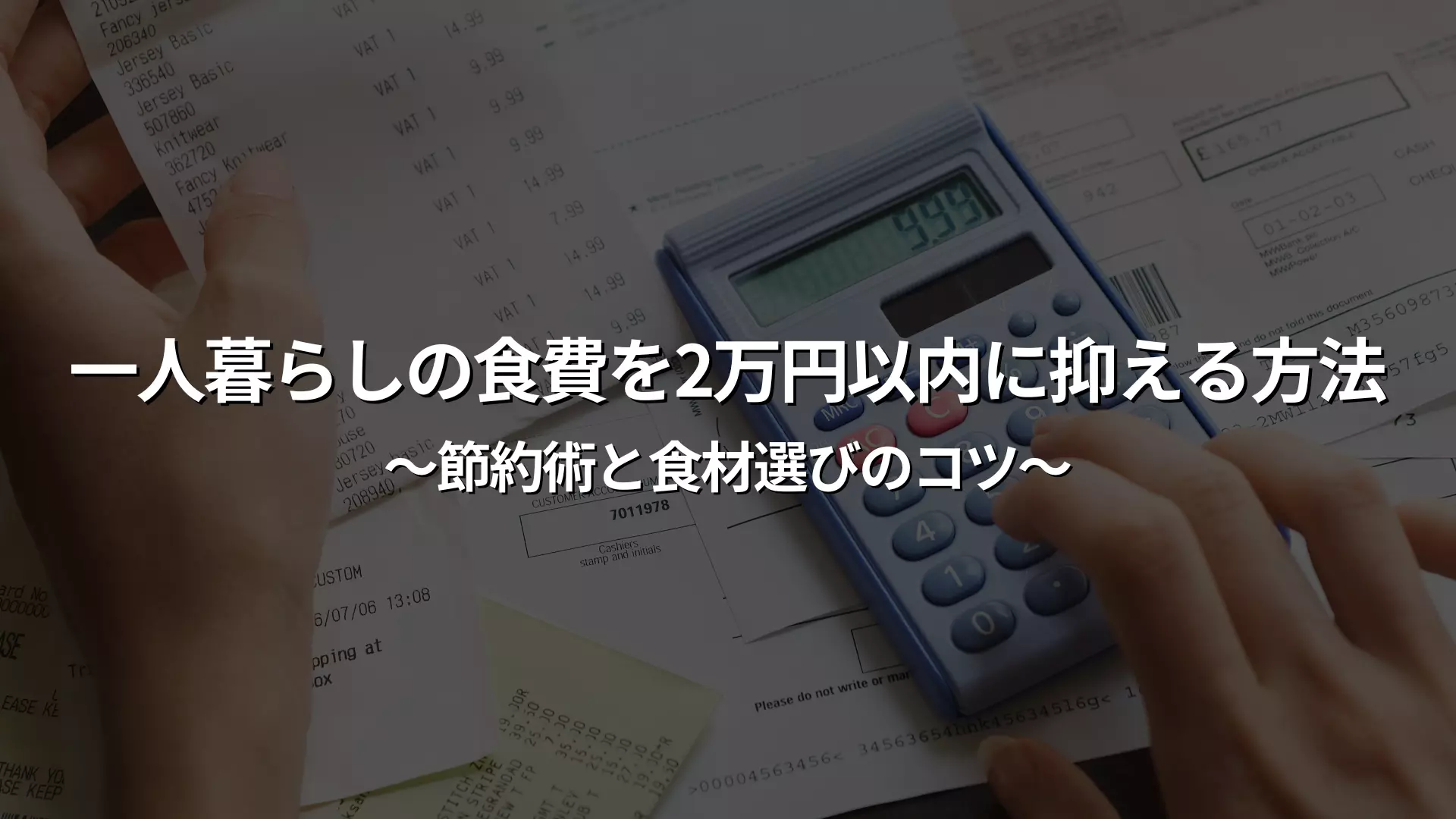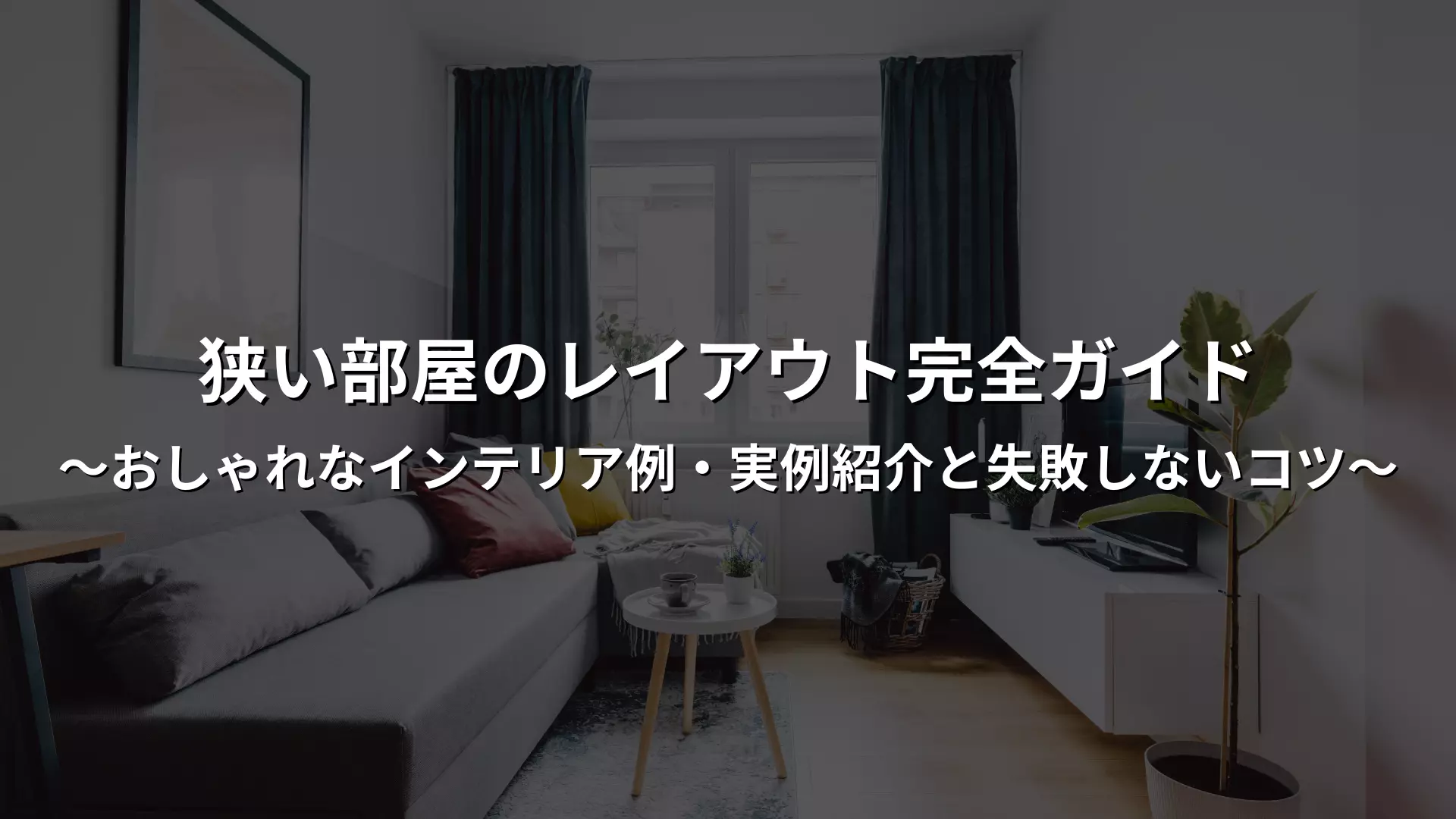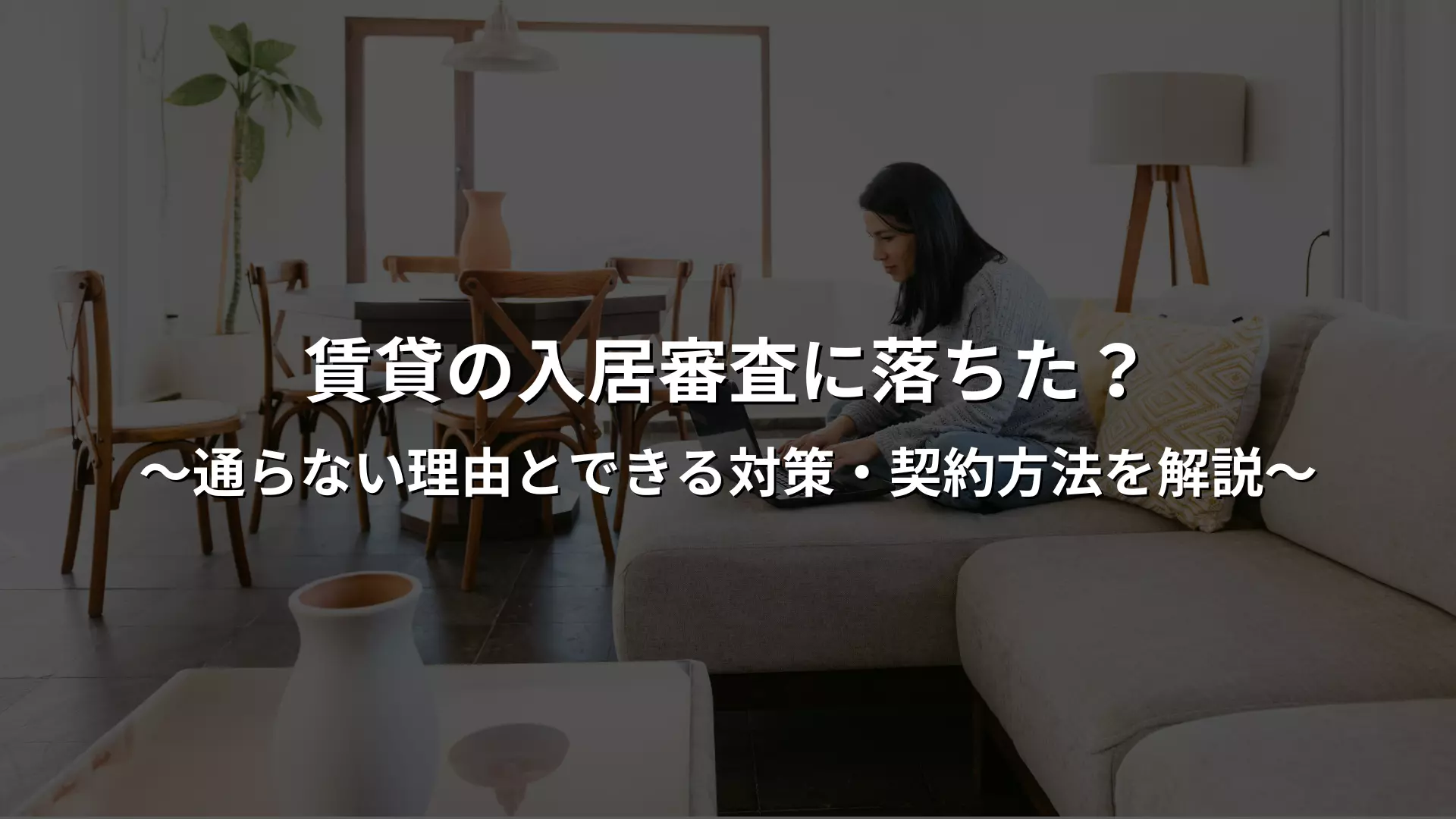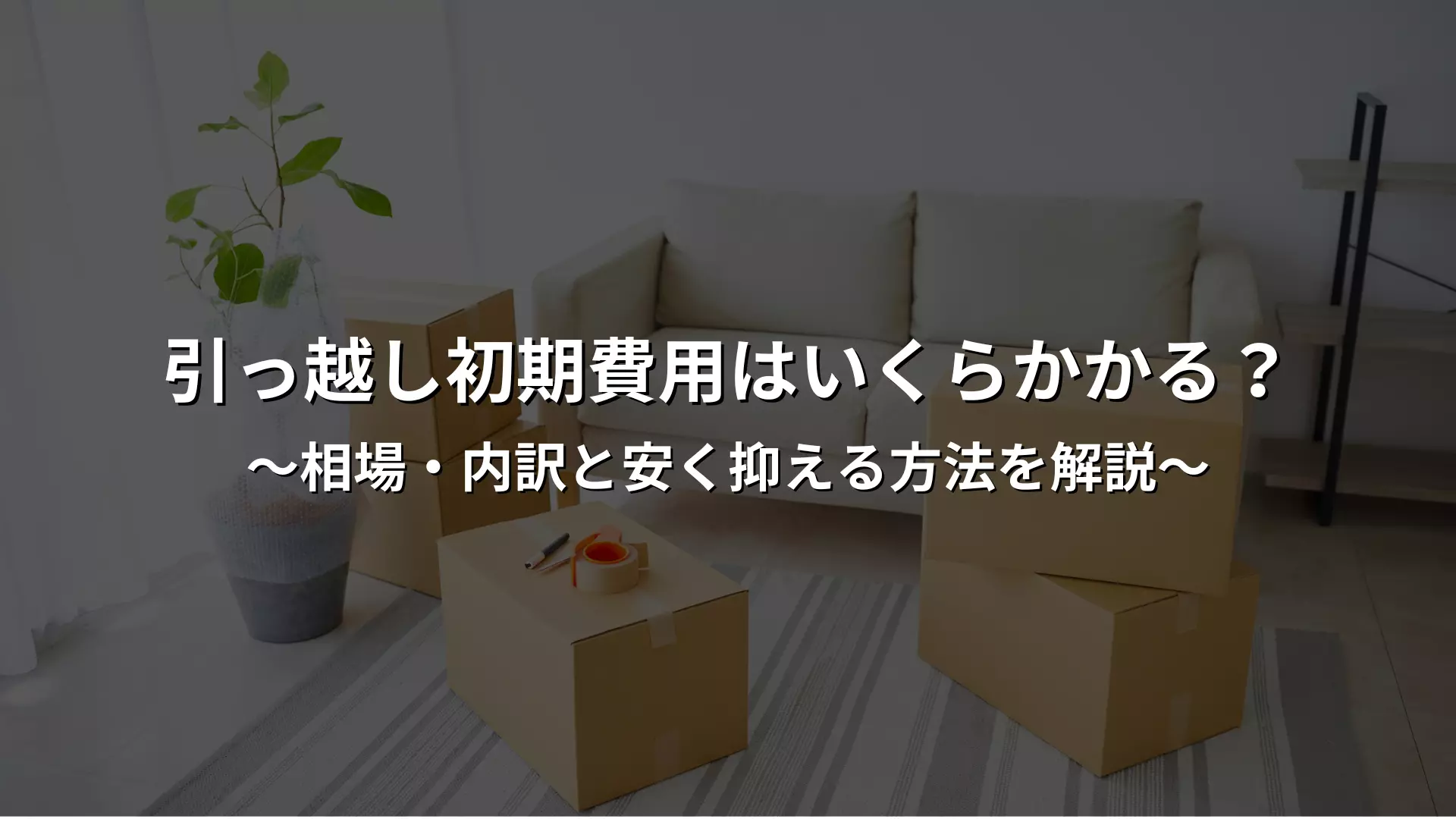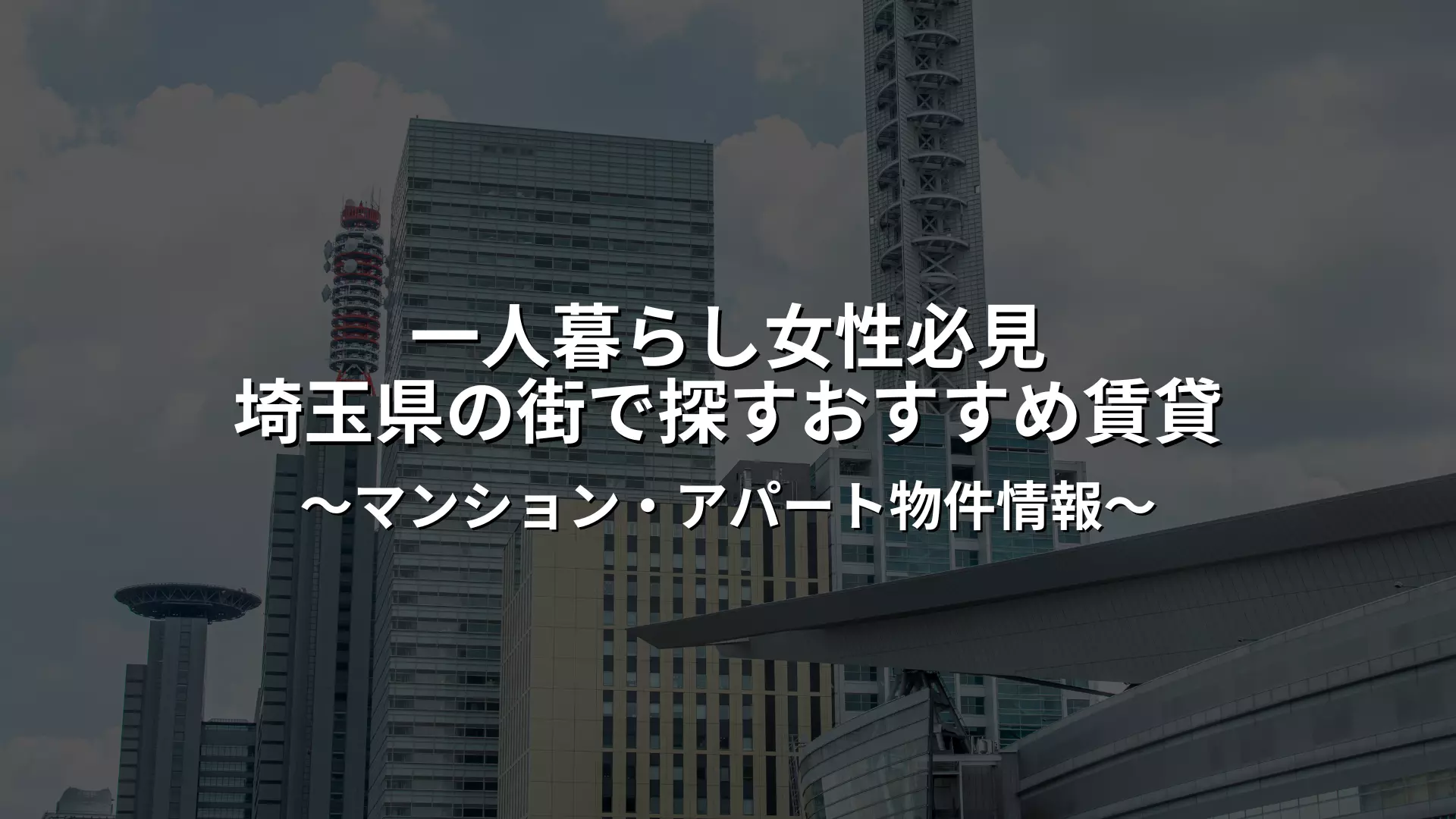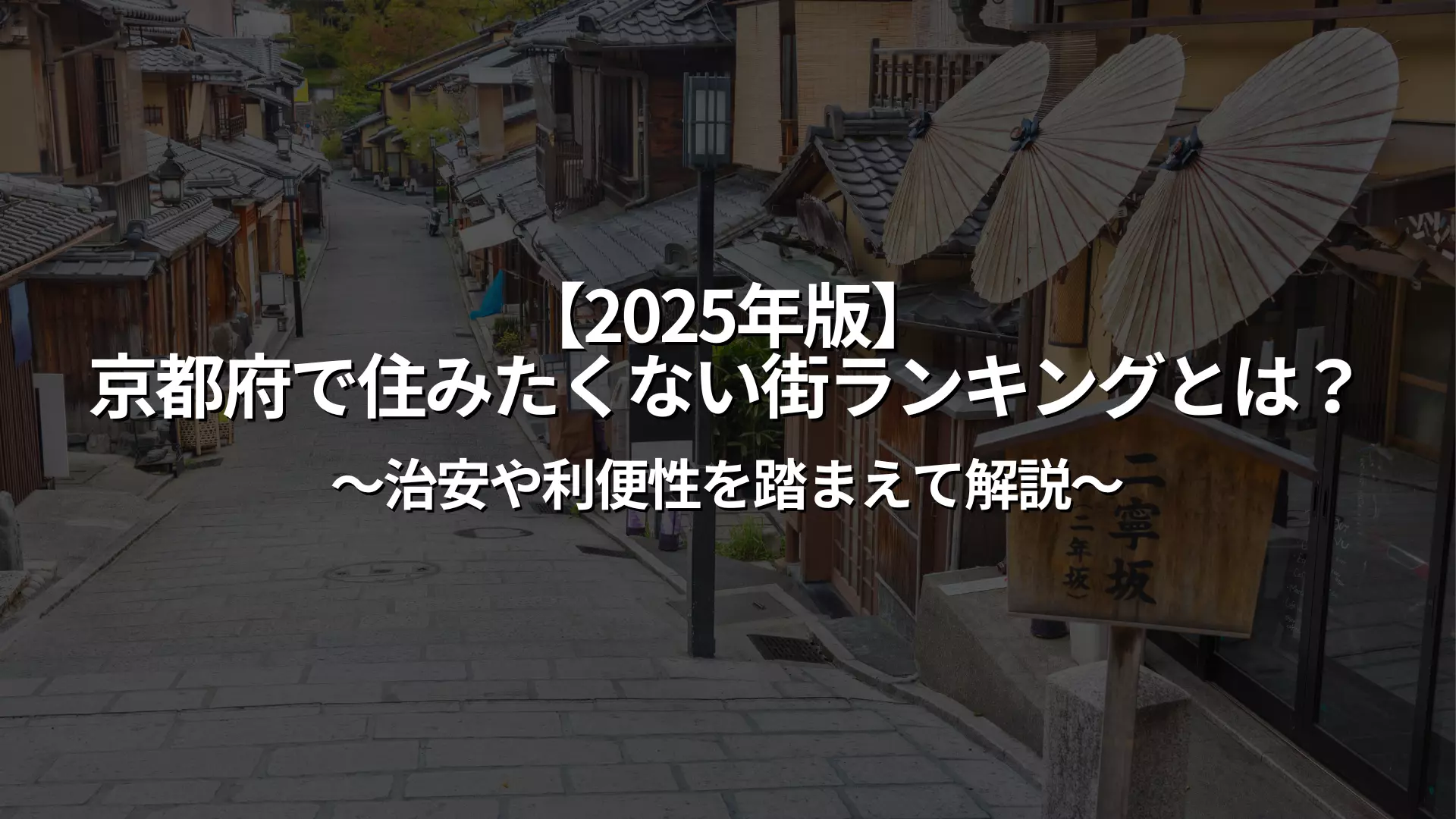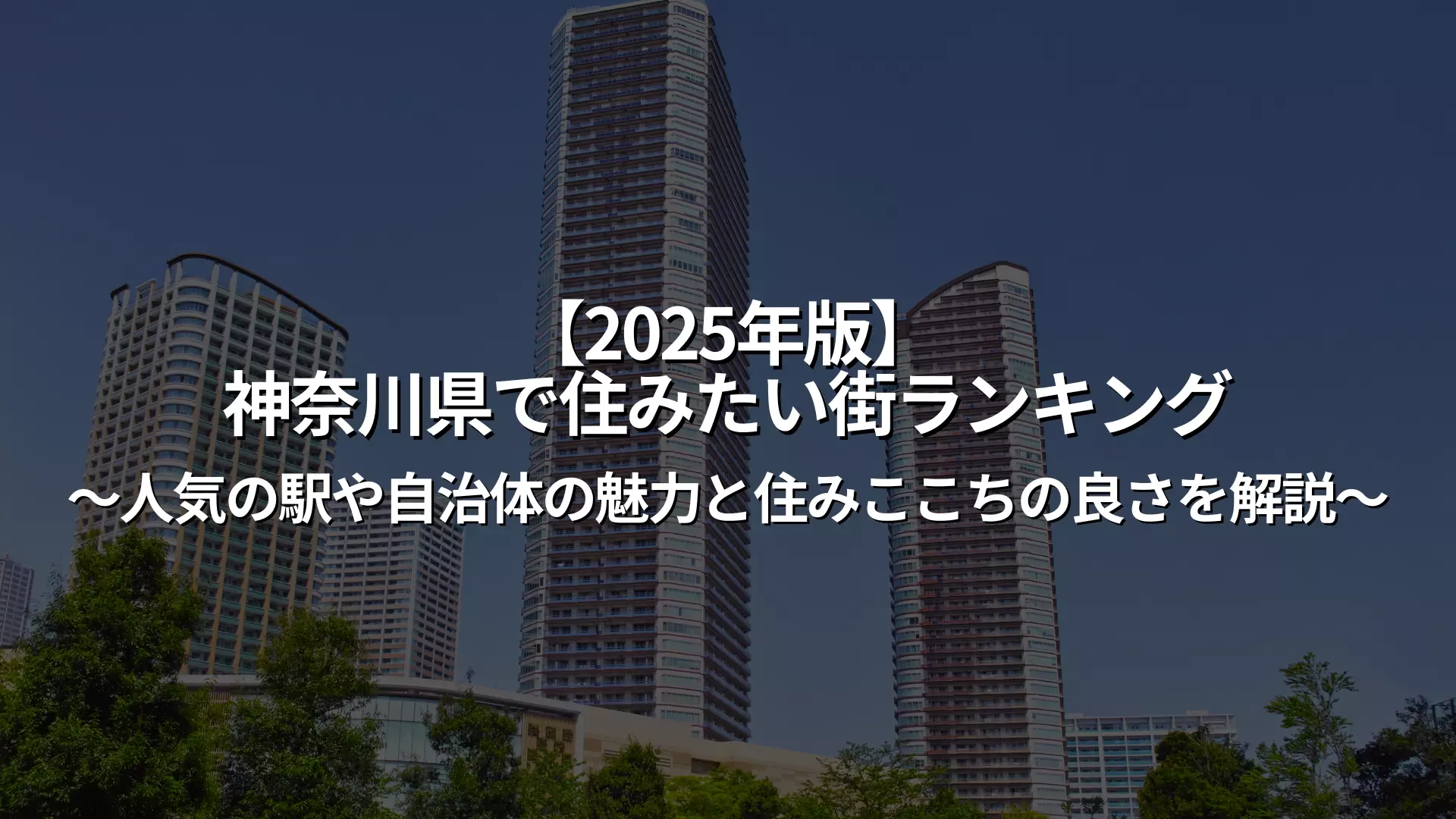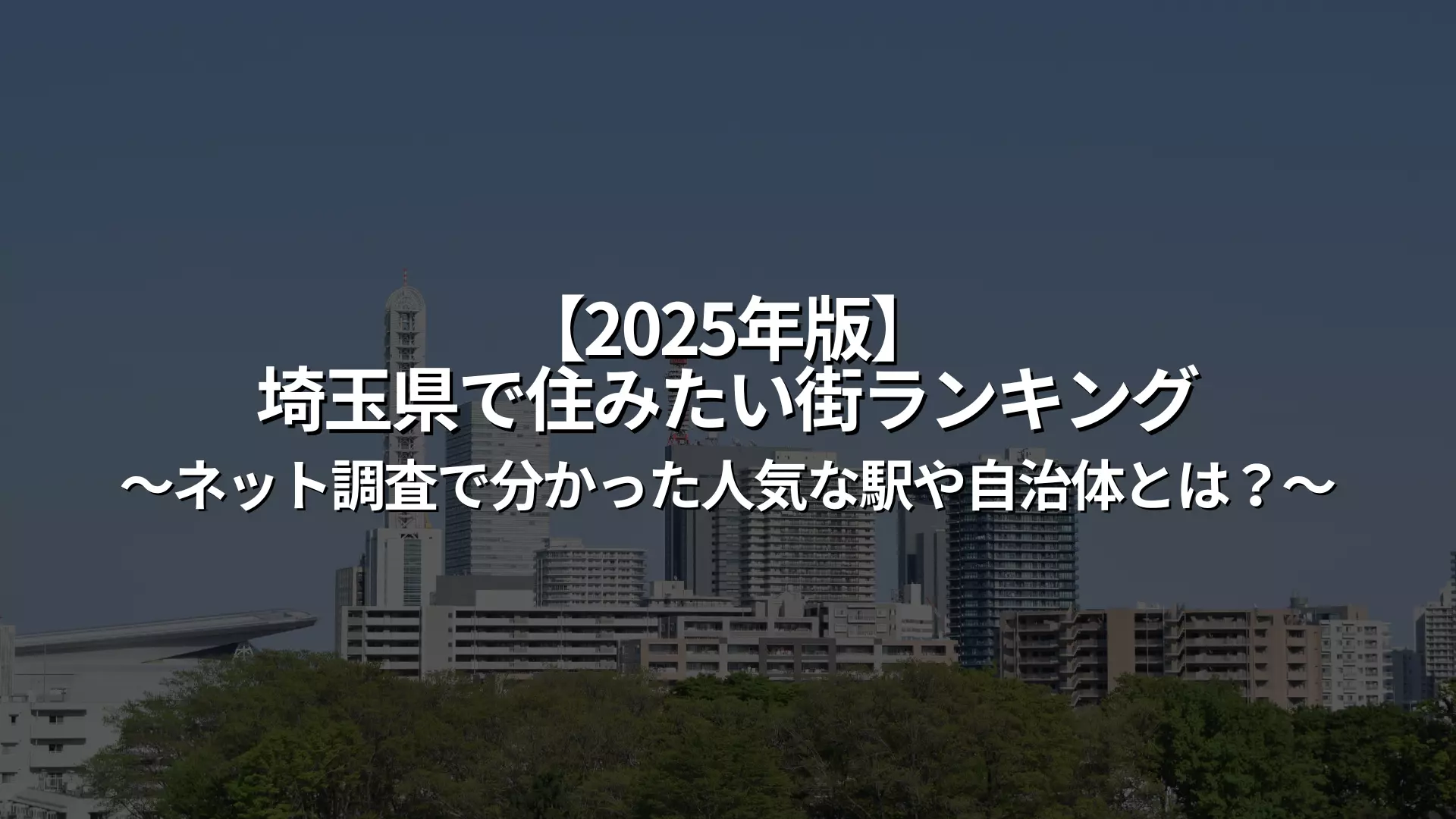What is life like with a monthly take-home pay of 220,000 yen?
A take-home pay of 220,000 yen is said to be the line for "you can manage if you save" when living alone. Depending on your lifestyle, you may be able to make some leeway, but if you are careless about rent and daily expenses, you may quickly go into the red and find yourself struggling to survive.
Rent is rising especially in urban areas, so keeping it down is key. As a rough guide for living expenses, a reasonable amount would be 70,000 yen for rent, 30,000 yen for food, and 20,000 yen for utilities and communication costs.
Even if you add in miscellaneous expenses, insurance, and entertainment expenses, it is possible to save 20,000 to 30,000 yen a month if you manage your finances well, although this varies from person to person. In order to live without sacrificing your quality of life, you need a sense of balance in your spending and a sense of frugality.
Try to keep your fixed expenses down and plan your life in a way that is not too difficult.
The real problems of living alone on a monthly salary of 220,000 yen
Many people say that living alone on a monthly salary of 220,000 yen is "surprisingly tough." In particular, in areas with high rent, fixed expenses alone can take up more than half of living expenses.
As a result, it is easy for dissatisfaction and anxiety to arise, such as "I don't have enough money for hobbies or social expenses" or "I can't save any money at all."
In addition, there is little room for preparation for unexpected expenses, moving, illness, and other troubles, which can lead to anxiety about the future. To resolve these concerns, it is important to first review your rent and properly manage your monthly fixed expenses and living expenses.
In particular, optimizing expenses that can be reviewed, such as communication costs, insurance, and utility bills, will give you more peace of mind and make your life more comfortable.
Estimated monthly income, estimated annual income and rent for a home with a take-home pay of 220,000 yen
A person who earns 220,000 yen after tax has a monthly income of about 280,000 yen before deductions, which translates to an annual income of about 3,360,000 yen. If you receive a bonus twice a year, your total income may be around 3,920,000 yen.
If you live alone on this income, the standard for rent is 70,000 yen, which is one third of your take-home pay. If you exceed this amount, your household finances will be strained and you will have to cut back on food expenses and savings.
However, depending on your place of work and living environment, there are some areas where it is difficult to keep your monthly expenses below 60,000 yen. In those cases, you will need to make an effort to reduce other expenses.
The first step to living alone stably is to understand your monthly income and spending trends and set a rent that suits your means.
Take-home pay of 220,000 yen = monthly income of approximately 280,000 yen, what is the annual income?
For someone with a take-home pay of 220,000 yen, the monthly gross income is estimated to be around 280,000 yen after deducting employees' pension insurance, health insurance, resident tax, etc. This is equivalent to an annual income of around 3,360,000 yen. If you also receive a bonus (assuming two months' worth per year), your annual income will be around 3,920,000 yen.
This figure is roughly the same as the national average for those in their late 20s to early 30s.
However, in areas where the cost of living, such as rent, transportation, and utility bills, is high, people can easily feel like they are struggling to make ends meet, even if they earn the same amount. Understanding your annual income and take-home pay is the starting point for managing your household finances.
This is extremely important as it will serve as a benchmark for your life planning.
Would 90,000 yen be possible with rent subsidy?
Those who receive rent assistance have a much wider range of housing options.
For example, if your company subsidizes your rent by 20,000 to 30,000 yen per month, your actual burden will be reduced to 60,000 to 70,000 yen, making it possible to live in a property in the 90,000 yen range without difficulty. In this price range, it is easy to choose a property with good conditions such as a recently built property, close to the station, or with good security, and your living comfort will improve significantly.
Since average rents are particularly high in Tokyo and other urban areas, whether or not you receive rent assistance will greatly affect your quality of life.
However, there is often a limit to the amount of assistance, so be sure to check the details of the company's system in advance. It is important to make a comprehensive decision so that the rent does not become too high with the assistance included.
Search for a room
Only furnished properties with appliances are listed!
Living simulation by rent
If you live alone with a take-home pay of 220,000 yen, your rent will determine how much you can afford overall. Ideally, rent should be "less than one-third of your take-home pay," but even a difference of 10,000 yen can have a big impact on the balance of your food, utility, and savings expenses.
If you want to have a comfortable lifestyle, it's better to keep the price at around 60,000 yen, but if you prioritize convenience and comfort, you should also consider properties in the 70,000 to 80,000 yen range.
Here, we have carried out a detailed simulation of the lifestyle and expenditure balance for three rent ranges that many people actually choose: 60,000 yen, 70,000 yen, and 80,000 yen.
If you are unsure about how much rent to set, try comparing it with your values and lifestyle to get a sense of it.
Case of 60,000 yen rent: Possible to live comfortably and save money
If you keep your rent to 60,000 yen, you can allocate the remaining 160,000 yen of your take-home pay of 220,000 yen to living expenses and savings, allowing you to manage your household finances with a fair amount of leeway.
By keeping rent low, you can save 20,000 to 30,000 yen a month, even if you spend 30,000 yen a month on food and 20,000 yen on utilities and communication fees. In addition, you will have money left over for hobbies and social expenses, which will give you more peace of mind.
However, properties in this price range have some disadvantages, such as being old or far from the station. For those who are not particular about the facilities or location of the property and are cost-conscious, this is a very cost-effective option.
This is especially recommended for those who want to save money while still living a stable life.
Case of 70,000 yen rent: A balanced lifestyle
A rent of 70,000 yen is considered to be the most balanced price range within a take-home pay of 220,000 yen.
The remaining 150,000 yen will cover living expenses, and if you can effectively control your food, utility, and communication costs, it is easily possible to save around 10,000 to 20,000 yen.
Another attractive feature is that you can choose a property near the station or with an auto-lock, without compromising on convenience or security. This price range is suitable for those who want to balance the comfort of their room with their expenses.
On the other hand, if you start spending too much, you could quickly go into the red, so you need to be careful with your finances. This rent range is perfect for people who want to live a comfortable life without being too frugal.
Case of 80,000 yen rent: Prioritizing comfort but needing to save money
If you pay 80,000 yen in rent, that will take up 36% of your take-home pay of 220,000 yen, leaving you with the remaining 140,000 yen to cover all your living expenses.
While it is easy to choose a property with good conditions, such as being close to the station, newly built, or with an emphasis on security, there is also a risk of incurring a loss if you do not pay attention to food and utility costs.
This rent range is particularly attractive for those who want to live in Tokyo or popular areas, but it also requires careful management of expenses other than fixed costs.
You need to "enjoy saving money" in every aspect of your life, such as making your own meals, using a cheap SIM card, and saving on electricity bills. In exchange for comfort, this rent range requires a moderate consumption style.
Tips for saving money when living alone on a monthly salary of 220,000 yen
In order to live comfortably on a monthly take-home pay of 220,000 yen, it is essential to be creative in how you manage your income.
In particular, by reviewing your fixed expenses, food expenses, and utility bills, you can save several thousand yen to over 10,000 yen per month. Expenses other than rent are often overlooked, but by cutting out each and every waste, you can create more leeway in your life and have more money for savings and hobbies. The key is not big savings, but daily savings.
Learn how to save money in a sustainable way and make living alone stress-free. Here we will introduce some practical money-saving techniques that you can start using right away.
Points to consider when reviewing fixed costs (communication costs, insurance, electricity bills)
By simply reviewing your fixed monthly expenses, you can expect to see long-term savings.
The first thing we recommend is to review your communication costs. By switching to a low-cost SIM, you can keep your smartphone bill below 3,000 yen per month.
In addition, by comparing power companies in each region and reviewing the rate plans, you can save more than 10,000 yen a year on your electricity bill. You can also reduce your insurance burden by reviewing unnecessary special clauses and overlapping coverage.
It is also effective to take advantage of mutual aid insurance and internet-only insurance. These fixed costs are not just a "contract and then it's over" thing, but by reviewing them regularly you can make big savings.
Cooking at home and managing food costs
Food expenses are a big variable when living alone. By cutting down on eating out and switching to a lifestyle centered on cooking at home, you can expect to save 10,000 to 20,000 yen per month.
Taking advantage of special sales at supermarkets and commercial food stores can provide good value for money, and combining this with bulk buying and freezing can help reduce food waste.
Planning your menu on a weekly basis and using pre-prepared meals and bulk cooking are perfect for busy people as they save time.
Furthermore, by using a "menu management app" or similar, it becomes easier to visualize and manage food expenses. Once you record your monthly food expenses, you will be able to see where you are wasting money.
The first step to living a frugal life is to enjoy cooking at home consistently.
Seasonal energy bill measures
Utility bills fluctuate greatly depending on the season, so with a bit of ingenuity it is possible to make significant savings.
In the summer, you can reduce your electricity bill by setting the air conditioner to 28°C and using a fan. In the winter, try not to use the heater too much, and use an electric blanket, hot water bottle, and warm clothes to increase the perceived temperature.
Insulated curtains and window gap sealing items are also effective. By accumulating these kinds of ideas, it is possible to keep monthly utility bills under 5,000 yen.
In particular, by reviewing your electricity and gas company plans, you may be able to save money on your basic fees, so we recommend checking them regularly.
The key to sustaining savings in the long term is to treat it as a game rather than a chore.
Search for a room
Only furnished properties with appliances are listed!
Actual voices and experiences of people living alone on a monthly salary of 220,000 yen
The experiences of people who actually live alone on a monthly take-home pay of 220,000 yen are a very useful source of information for getting a real idea of what life is like.
for example
- What is the rent range and how much will it cost?
- Are you able to save money?
- What are some tips for saving money?
The realistic voices are full of practical tips.
In particular, the amount of rent, balance of expenses, and ways to save money are all important factors to consider when deciding whether to live alone.
Here, we will introduce in detail how to live depending on the rent, the possibility of saving money, and ideas for living alone, based on real-life examples of men and women in their 20s and 30s.

Woman in her 20s: The reality of living on a rent of 75,000 yen
- A woman in her late 20s living alone in Tokyo
He chose a property near the station with a rent of 75,000 yen, and is managing with a take-home pay of 220,000 yen. The rent is a little high due to the location and security (auto-lock), but he is continuing to save 10,000 yen each month by reviewing his communication expenses and cutting back on eating out. His value is that "security and convenience are more important than cheapness," so he practices a lifestyle that prioritizes his living environment while balancing it with other expenses. He uses online supermarkets for shopping, and is conscious of saving electricity according to the season for utility bills. He is enjoying a comfortable life alone, not just by enduring but also by making reasonable savings.
Man in his 30s: With rent in the 60,000 yen range, you can still save money
- A man in his 30s living in a regional city
She lives in a one-room apartment with a rent of 62,000 yen, and manages to save around 20,000 yen each month. By reducing the proportion of rent that she takes up in her take-home pay of 220,000 yen, she has been able to have more leeway with her living expenses. She has switched to a low-cost SIM card for communication costs, and has revised her electricity plan to save money. She cooks her own meals on the weekends and uses frozen food to reduce waste. She limits eating out to no more than twice a month, and seems to control her entertainment expenses by setting a budget in advance. "I can't afford big luxuries, but I have the peace of mind of knowing I can save money every month," she says, and she lives a frugal life, finding her own way to have fun.
How to live comfortably on a monthly take-home pay of 220,000 yen
Even if your take-home pay is 220,000 yen, it is entirely possible to live comfortably by carefully balancing your income and expenses.
The trick is to not rely solely on saving, but to also create a savings system and work to increase your income.
By optimizing fixed expenses such as rent, communication fees, and food costs, you can achieve a comfortable life by taking advantage of "advance savings" and "side job income." It is also important to plan for career advancement and asset formation with an eye to the future.
In this chapter, we will explain specific methods, from savings techniques that you can put into practice right away, to how to make the most of your bonuses and side jobs, to ideas for choosing a home that will reduce your living costs.
How much can you save each month?
Even if your take-home pay is 220,000 yen, if you keep your rent to 60,000 to 70,000 yen and review your communication and utility costs, it is possible to save 10,000 to 30,000 yen per month, although this will vary from person to person.
The key is to establish a style of "saving first and living off the remainder" rather than "saving what's left over." "Saving in advance," in which you transfer a fixed amount to a separate account as soon as you receive your salary, is very effective for people who are not good at saving money.
Furthermore, if you keep your fixed expenses low, you will have more leeway in your daily life and will be able to deal with unexpected expenses more easily.
By making saving a habit rather than a chore, you can build a stable household finances in the long term.
Bonuses and future plans
Whether or not you receive a bonus has a big impact on your lifestyle plans.
For example, if you receive a one-month bonus twice a year, your annual income will increase to about 3.92 million yen. If you don't use this bonus for living expenses, but instead use it entirely for savings and asset formation, you can use it to prepare for travel, moving, and future emergency expenses. If you use your bonus for savings and asset formation, you can save moderately without being strict on daily savings.
On the other hand, if there is no bonus, you will need to cover a year's worth of expenses with just your monthly salary, which will require more planned household finances.
Regardless of whether you receive a bonus or not, creating a budget on an annual basis will help you deal with unexpected expenses without panicking.
There are also options for side jobs and increasing income
Not only can you reduce your expenses, but increasing your income can greatly expand your lifestyle choices.
If you are worried about living alone on a monthly salary of 220,000 yen, consider taking on a side job. There is high demand for side jobs that can be done from home, such as writing, web design, video editing, and programming, that utilize your skills, and it is realistic to increase your income by tens of thousands of yen per month. In addition, changing jobs to obtain qualifications or advance in your career is also an effective way to increase your long-term income.
By utilizing crowdsourcing and job search sites, you can more easily find a side job or workplace that suits you.
To reduce anxiety about the future, be aware of having multiple sources of income.
Consider living in a shared house to reduce your fixed costs
If you are worried about living alone in Tokyo or other urban areas, a shared house is a safe and cost-effective option.
Since rent, utilities, and internet fees can be shared among tenants, fixed costs are significantly reduced, and in some cases it is possible to live on less than 50,000 to 60,000 yen per month.
Furthermore, there are many share houses that come with furniture and appliances, and no deposit or key money required, so they are also recommended for people who want to keep initial costs down. For people who don't mind interacting with others, they tend to feel less lonely and have more money to spend on entertainment, which tends to increase the fulfillment of their lives. It's worth considering not only the financial aspect, but also the sense of security and support system.
If you are interested, please search for properties.
Search for a room
Only furnished properties with appliances are listed!
summary
Living alone on a take-home pay of 220,000 yen is entirely possible if you manage your rent and living costs well. By setting your rent at 60,000 to 70,000 yen, which is less than one-third of your take-home pay, and reviewing your communication and utility costs, you can also save 10,000 to 30,000 yen per month.
You can have more financial freedom by using creative methods such as making your household finances visible, saving in advance, and increasing your income through a side job.
Taking advantage of company programs such as rent subsidies and shared housing is also an effective option. There were many practical tips from actual experiences on how to continue living a stable life.
Enjoy saving money without any stress and find a lifestyle that suits you.


